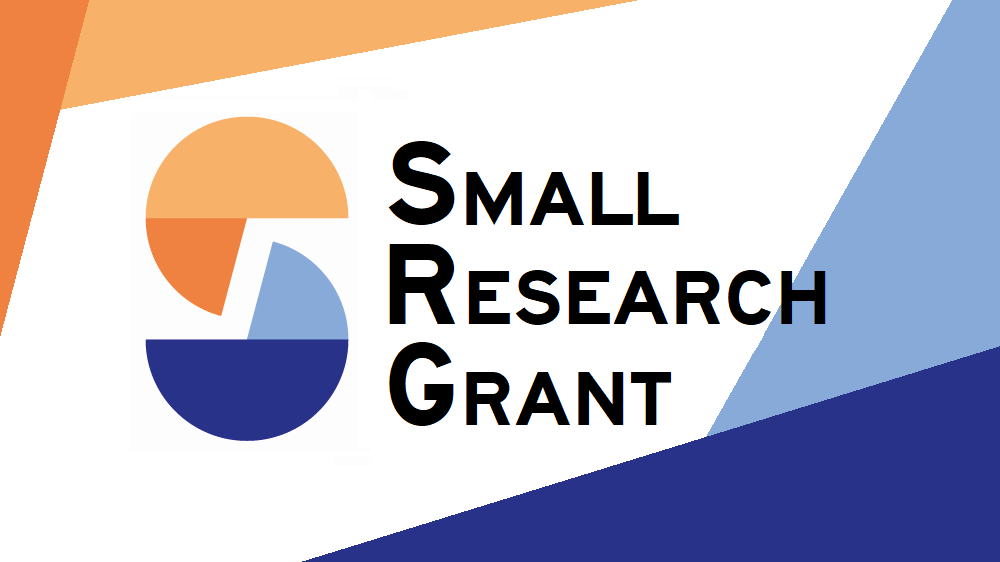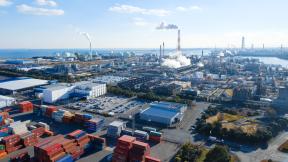Industrial policies (IP) have returned to global development policy. Across low-income countries, there is renewed enthusiasm in their ability to promote industrial development and transformation. Despite its resurgence, the empirical picture of IP remains fragmentary. Given their prominent, and contentious, role in growth policy, researchers and practitioners lack systematic data on the patterns, scope, and use of IP. This project makes contemporary industrial policy legible for policymakers and scholars in two key ways. First, by building a comprehensive global database on IP, constructed using new methods from natural language processing and a unique corpus of international policy text. Second, by providing a systematic analysis of contemporary IP interventions across the world (at product-country-year resolution). This project delivers fundamental high-value empirics for those wanting to understand the extent of global industrial development policy.
The project uses natural language processing and supervised machine learning to build a comprehensive, global database on industrial policy at the product-country-year level between 2008-2020 using textual policy descriptions extracted from 25,000 global policy documents sourced from an international comparative policy database, the Global Trade Alert. The result is a count-based dataset measuring new industrial policy flows. Using this data, the research team then provide core stylised facts on industrial policy practice. These new insights include (i) which countries use industrial policies, (ii) their specificity, (iii) trends through time, and (iv) their correlates with infant industry and industrial comparative advantage
This project constitutes a high-value low-cost empirical investigation to fill in the basic gaps in knowledge around IP. The focus, importantly, is directed at the recent experience of low-income economies, where the use of IP is prevalent. The project consolidates knowledge of industrial policies for the development community and scholars of industrialisation, who currently lack data to establish the most basic relationships between policy and development outcomes. Beyond the academic community, the users of these resources are extensive: including those involved with consulting on industrial strategy in low-income economies as well as practitioners engaged in trade. The research team are in contact with development NGOs (World Bank, OECD, and UNIDO) and think tanks (Center for Strategic and International Studies), who have expressed interest in the data and methodology, and and are in conversation with economists from World Bank (EFI Chief Economist’s Office) for future collaboration in expanding the data.
Using these data, the research team establish a number of facts surrounding industrial policy. First, industrial policy is common and is on the rise: 25 percent of policies in the data are industrial policies. Across the globe, industrial policies doubled over the past decade. Second, industrial policy tends to be technocratic and granular. The majority of industrial policies identified in the data take the form of subsidies and export-related measures targeted at individual firms. Third, industrial policy is unevenly used across countries and skews heavily towards rich countries that also tend to be liberal democracies. The team find a strong correlation between income and IP that cannot be accounted for by a variety of different reporting biases of concern. Fourth, industrial policy is typically selective with IP targeting a subset of sectors in the economy. There is a striking systematic pattern in who receives industrial policy. Industrial policy is targeted at sectors that have higher revealed comparative advantage.























































